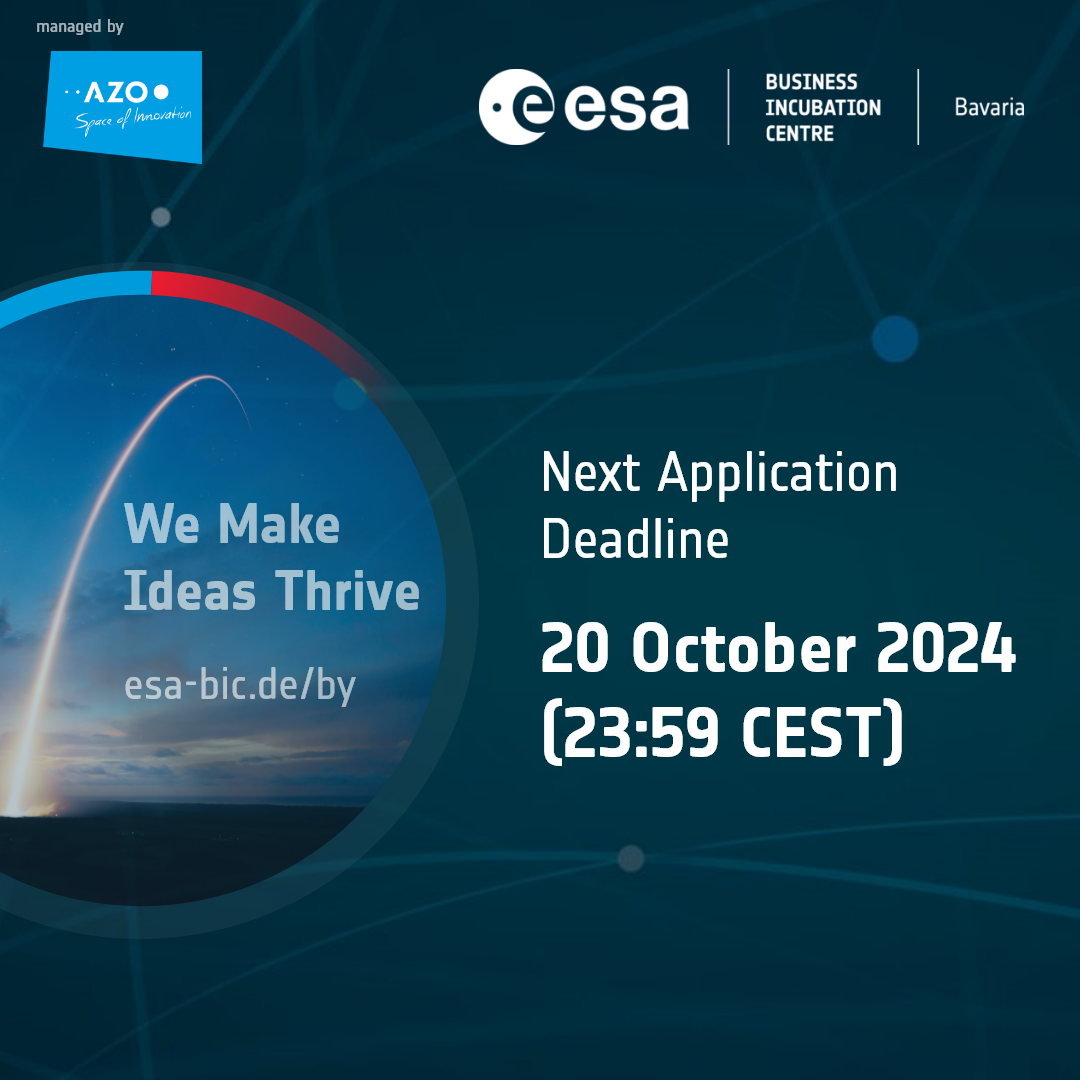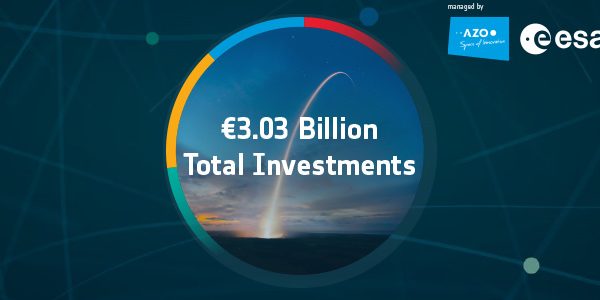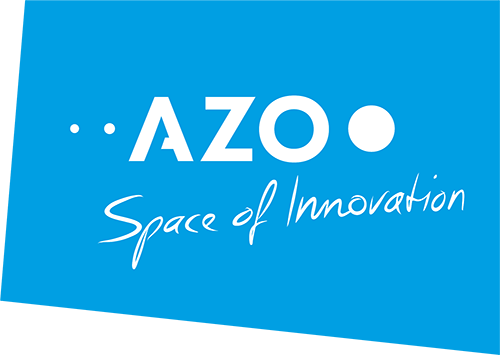Farm fires are a serious issue in India. For this reason, the winning team of the Social Entrepreneurship Challenge in the 2019 Copernicus Masters, Blue Sky Analytics, is working on a solution to control this problem. Its solution, Zuri, is a pan-India forest and farm fire tracking system built using a combination of satellite data and ground monitoring systems. It helps users track the level of emissions from farm and forest fires including the composition of the emissions, calculate the burnt area, and predict the likelihood of a farm or forest fire occurring based on historical trends. Zuri was created for 3 main groups of customers:
- Governments – policymakers in India can use Zuri to monitor and implement policies to combat farm fires that occur every year in the northern belt.
- Researchers – the availability of data gives researchers a deeper insight into the problem.
- Private companies including insurance providers – they set premiums and manage their assets, which are at risk from farm or forest fires including human capital. This is expected to enable a multi-billion dollar economy in India involving 350 million metric tons of crop waste each year.
Monika Mayr, Project officer at AZO, interviews Abhilasha Purwar, founder and CEO of Zuri.
MM: How and when did the idea for your application emerge?
AP: Every year, India burns 92.81 million metric tons of crop residue and this negatively impacts our environment, economy, and health. The problem of stubble burning is well known and has been in the news for quite some time. The government has also drafted several policies to combat stubble burning, including imposing a fine and subsidising farm equipment required to remove stubble. However, these policies have not been very successful because the government lacks adequate data on farm fires. With Zuri, we can provide near real-time satellite data and predictions on farm fires. For example, with our data, the government can pinpoint a region, for example in Punjab, that has a history of stubble burning and divert more resources towards this area rather than a region that does not have a sever stubble-burning problem. This way, we can efficiently manage our resources.
Similarly, the mechanisms used to monitor farm fires can also be applied to forest fires. As you know, the most recent Amazon rainforest wildfires (906K hectares lost) and Australian bushfires (1 billion animals have died due to the bushfire) severely damaged our environment. We lost millions of trees, a countless number of wildlife and emissions from the smoke created a serious health hazard.
MM: What has been your company’s biggest challenge so far?
AP: As with any start-up, hiring the right talent is the biggest challenge we are facing. We are building state-of-the-art technology to solve the biggest crisis our planet is facing (climate change) and it is very important that we find candidates that have the necessary skills to undertake such a massive project. In addition, we operate in a new space with technology that is only now being increasingly used for commercial applications, so again finding the right candidate in a niche space is a bit of a challenge. At Blue Sky, we are all a bunch of climate nerds and we believe that being passionate about the environment is equally as important as having the necessary skills. So, we do not hire purely based on skills but a mixture of both these characteristics.
Similarly, at the initial stages of Blue Sky, we faced a lot of financial constraints because our technology was not aligned with investors. Using satellite data to create environmental data sets and monitor emissions is a very new concept so we faced investor scepticism. Getting that funding to build an initial team was a hurdle.
MM: What were the main reasons to participate in the Social Entrepreneurship Challenge of the Copernicus Masters competition? What convinced you to enter the competition with your business idea?
AP: The European Space agency is world-renowned for technological advancement and space exploration. It has some of the most sophisticated and relevant data sets including having some of the best environmental monitoring satellites in space. As a start-up, we did not have the financial capability to pay for data sets, and the Copernicus Masters competition provided winners with access to over EUR 10,000 worth of commercial data sets. Furthermore, the competition was looking for solutions that can solve the environmental issues and we at BSA are all about solving environmental challenges. The competition also provides a global platform and makes our idea and product visible to the entire space community. We also get the opportunity to be part of a wider community of researchers, business, and geospatial experts. Given that we are a geospatial start-up at our core, entering the competition was a no-brainer.
MM: Let’s reach for the stars – what is going to happen in Zuri’s future?
AP: We are currently in the development stages of Zuri and plan to have a prototype ready by September (start of the winter pollution season). Firstly, we plan to roll out this prototype with basic features such as monitoring emissions from farm fires and pinpointing locations of farm fires. Furthermore, we plan to conduct a pilot project with the pollution control boards of Punjab, Haryana, Delhi at the start of October to collect data and test how Zuri works in real life. After the initial pilot run, we will add more features to Zuri, including a prediction capability. By tweaking Zuri a bit, we can also move into monitoring forest fires. Additionally, Zuri has also been accepted onto a programme to monitor global emissions from farm and forest fires from 2020 onwards. The final version of Zuri is set to be released in the first quarter of 2021.
We see Zuri being used by several governments across the world that face huge losses due to forest and farm fires each year. In addition, we also expect Zuri to be used by insurance providers to plan their premiums according to our data.







Comments are closed.